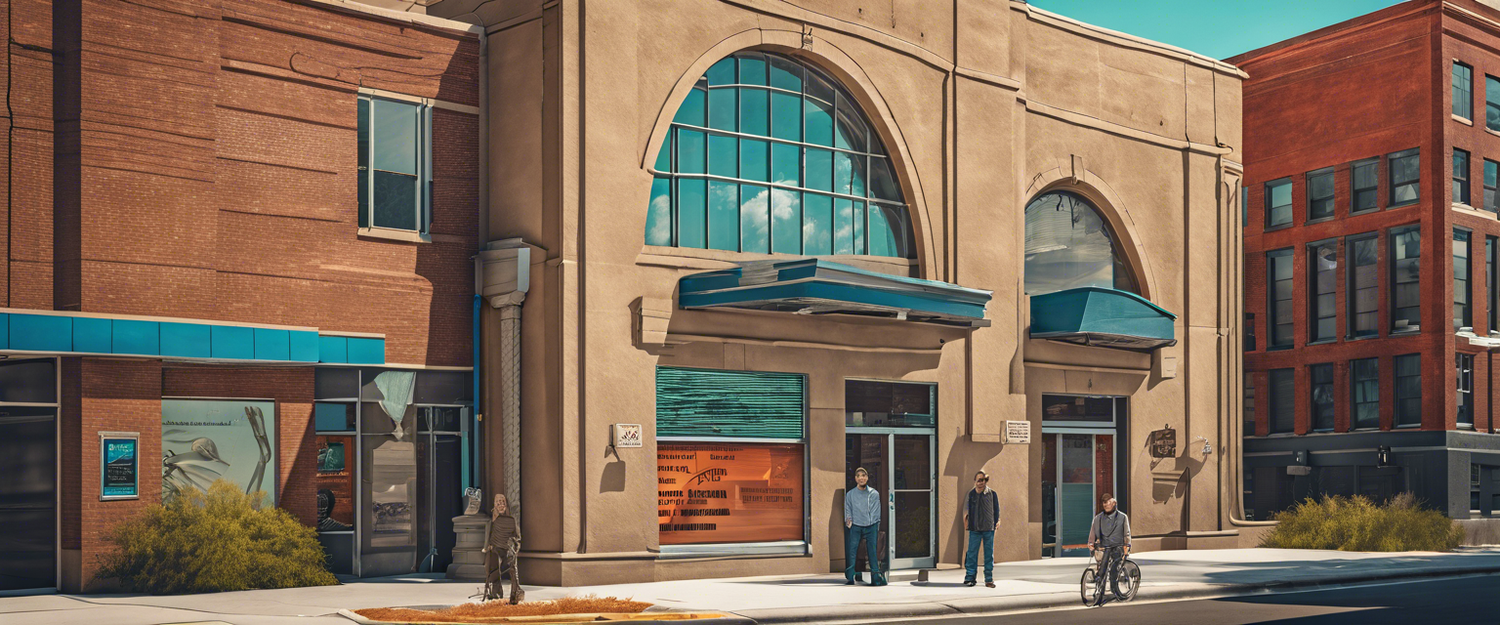WP Engine vs. Automattic: Legal Battles and Community Implications
In a significant legal confrontation, WP Engine, a leading third-party hosting platform, has filed a motion for a preliminary injunction against Automattic and its CEO, Matt Mullenweg, seeking to halt Mullenweg's public campaign against the company. This dispute highlights ongoing tensions within the WordPress ecosystem, affecting developers, users, and the overall community.
The Allegations
According to the filed motion, WP Engine claims that Mullenweg’s recent statements and actions have resulted in "multiple forms of immediate irreparable harm." This includes loss of customers, diminished market share, and damage to the company's goodwill. Notably, WP Engine reported a staggering 14% increase in cancellation requests during the last week of September, coinciding with Mullenweg's derogatory remarks labeling WP Engine as a "cancer" to the WordPress community.
Restoration of Status Quo
In its legal filing, WP Engine is requesting the court to revert operations back to their state before the ongoing disputes escalated. The motion emphasizes that developers within the WordPress community are becoming increasingly uneasy, fearing that they might become Mullenweg's next target amid what WP Engine describes as "ham-fisted takeover attempts." The company also expresses serious concerns regarding increased security risks within the community.
Escalating Tensions
This conflict intensified when Automattic and WP Engine exchanged cease and desist orders, resulting in WP Engine accusing Automattic and Mullenweg of abuse of power, extortion, and greed. Furthermore, last week, Automattic's management of the WordPress.org project gained attention when it took over WP Engine’s Advance Custom Fields (ACF) plugin and migrated users to a new plugin controlled by WordPress, which they have branded as Secure Custom Fields.
Impact on the WordPress Community
The implications of this dispute extend beyond WP Engine and Automattic; they could disrupt the broader WordPress ecosystem. In addition to ACF, WordPress.org launched a promotional effort aimed at encouraging users to transition away from WP Engine. Meanwhile, Automattic has incentivized its employees dissatisfied with Mullenweg’s direction through enhanced buyout offers.
What’s Next for WP Engine and Automattic?
As this legal battle unfolds, it raises critical questions about the future dynamics within the WordPress community. Stakeholders are left wondering how the resolution of this conflict will shape interactions between developers and major players in the WordPress ecosystem.
Final Thoughts
The ongoing legal tussle between WP Engine and Automattic serves as a reminder of the complex relationships within the open-source community. The decision of the court will undoubtedly have long-lasting effects not just on these two companies, but also on the developers and users who rely on WordPress for their websites and businesses.
For updates on this situation and more insights into the WordPress community, stay tuned.



Leave a comment
All comments are moderated before being published.
This site is protected by hCaptcha and the hCaptcha Privacy Policy and Terms of Service apply.